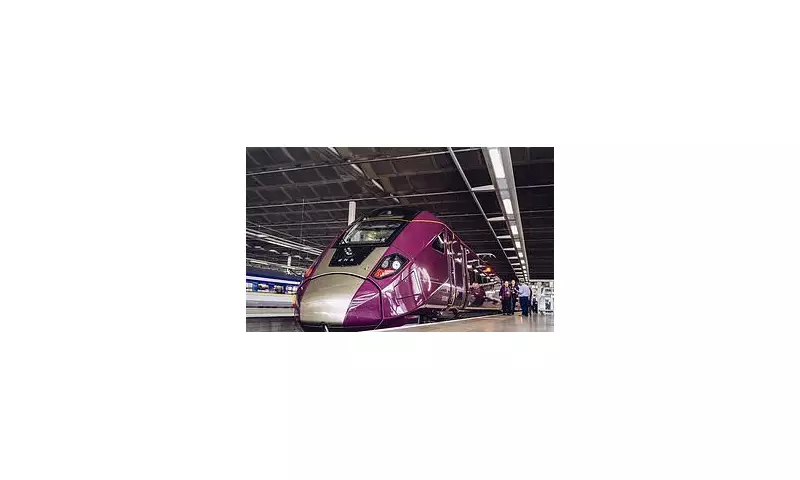
London St Pancras International, Britain's gateway to Europe, is witnessing a transportation revolution as diesel trains are finally banished from the historic station. A new £490 million fleet of advanced trains is set to transform journeys for millions of passengers travelling between London, the East Midlands and South Yorkshire.
The End of an Era for Diesel
After years of delays, the much-anticipated new fleet of 33 Class 810 Aurora trains, manufactured by Hitachi at their Newton Aycliffe plant in County Durham, is being introduced following a £1.5 billion upgrade to install electric wires as far north as Leicestershire. This marks the final inter-city service to and from London to receive train upgrades.
The existing 20-year-old diesel trains, which frequently sat idling at platforms alongside Eurostar services, are being phased out completely. Will Rogers, East Midlands Railway's managing director, emphasised the environmental benefits: "Using the existing electrification will cut our carbon emissions by 66% and the Class 810 trains are going to transform the experience at St Pancras."
Revolutionary Passenger Experience
The new bi-mode trains represent a significant leap forward in passenger comfort and convenience. The fleet delivers a 46% increase in seats on a route notorious for overcrowding, alongside a massive 137% boost in luggage capacity and improved legroom.
Rachel Turner, head of new trains at EMR, highlighted the focus on connectivity: "Connectivity has been a big issue for us and improving the trains for people who want to work on them has been an important focus." The trains feature revolutionary German-made Flachglas windows designed not to inhibit mobile phone signals, plus a power point for every seat.
Comfort hasn't been overlooked either, with EMR promising seats that are "comfier" than those on other modern trains. First-class passengers will enjoy locally-sourced delicacies including freshly-baked pastries, Melton Mowbray pork pies, and fresh filter coffee, with scones for afternoon tea and cheese and biscuits also on the menu.
A Long-Awaited Transformation
These transformative trains arrive three years later than originally planned and thirteen years after their initial announcement. The project has faced numerous setbacks since full electrification was first proposed by the coalition government, experiencing repeated delays before being scaled back by Labour.
The first of the new trains will enter service next month, with the remainder following over the coming year. These advanced trains can switch between electric and diesel power at the touch of a button in the driver's cab, promising faster acceleration when running on electricity.
Despite the technological leap, radical timetable alterations won't occur until 2027, allowing the new fleet - funded by rolling stock company Rock Rail and the Department for Transport - time to properly "bed-in".
Rail Minister Lord Hendy described the new fleet as part of the government's "commitment to a cleaner, more reliable railway that puts passengers first, strengthens communities and opens opportunities for millions."
Mr Rogers concluded that the new trains will "provide a step-change for our passengers" while helping to boost usage of the line and "attract more investments to the regions we serve," marking a new chapter for rail travel from the capital to the Midlands and beyond.





